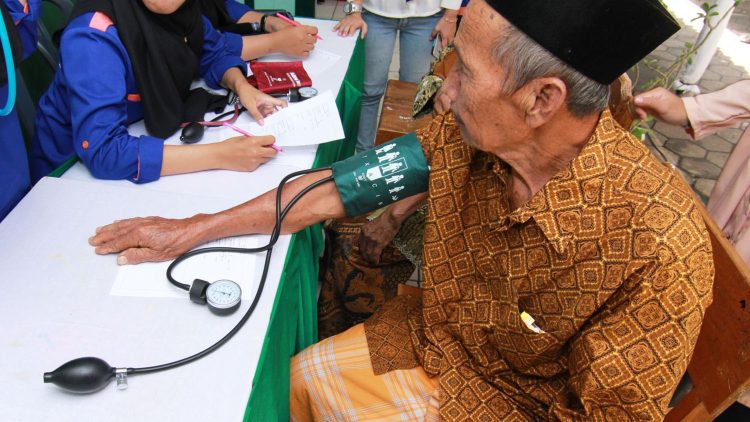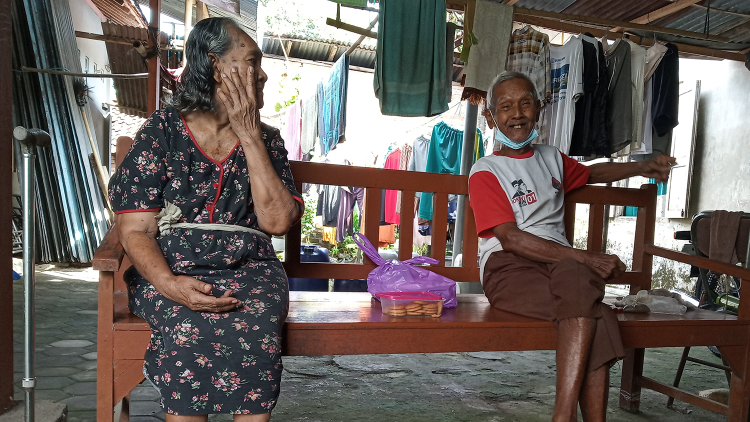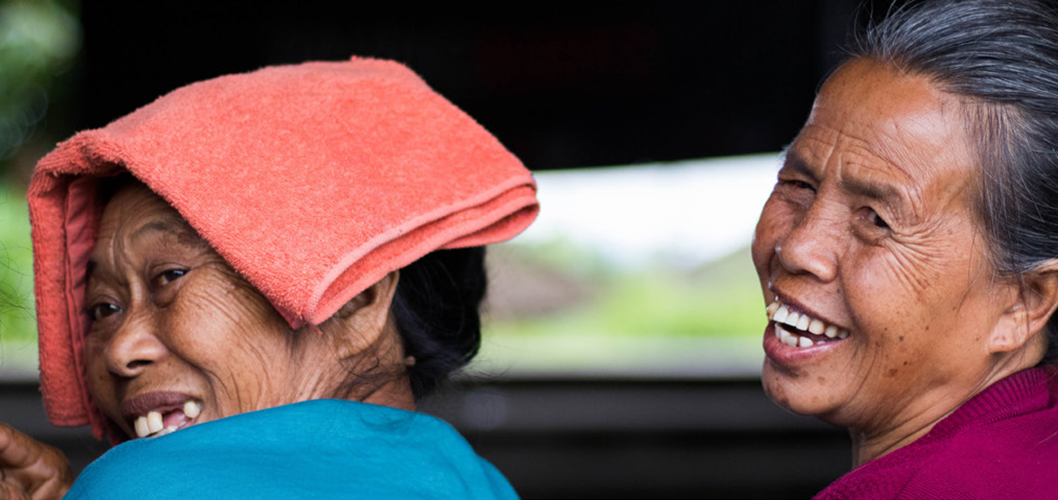Ensuring that all older people are able to enjoy all of their rights cannot be achieved without major healthcare, social protection, and long-term care system reform which considers the experience of those older people who require care and support. Long-term care system development is just beginning to be recognised by low and middle-income countries such as Indonesia as a key aspect of adapting societies for population ageing.
And yet, there is a huge gap in evidence on what the needs, preferences, and experience are of people with care and support needs and those who play a role in providing that, whether family and friends or various health and care providers. Even where some of this information exists, there are often gaps in who has been included, and yet, to develop a strong long-term care and support system, we need to understand the diversity of care needs, who provides care and what its impact is on them, what acceptable care can look like and where gaps exist in care and support provision.

Shutterstock
This policy brief, Older People’s Care Networks in Indonesia: Findings and Policy Recommendations, is the first glance at findings and recommendations produced by a comparative study on older people’s care involving ethnographic research in five locations across Indonesia (2019-2023). The study is funded by the
Economic and Social Research Council (ESRC, UK). HelpAge is providing inputs into the policy implications, advocacy messages, and communication of the study’s findings.



